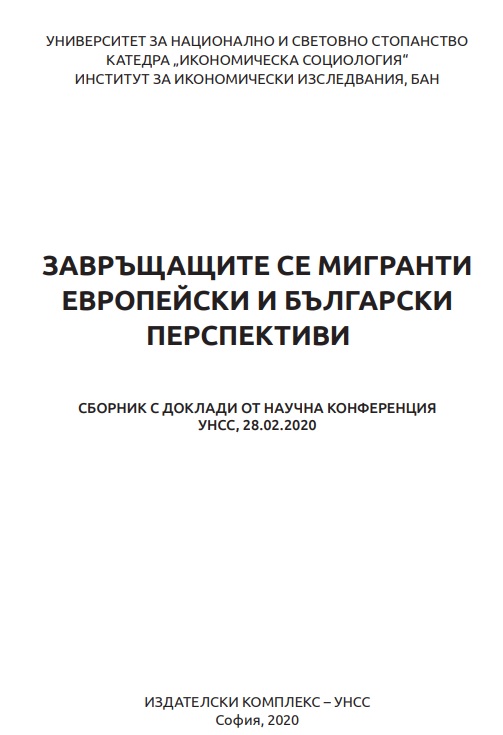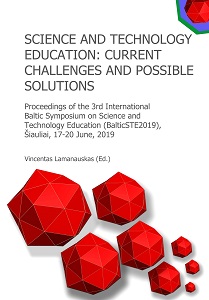
Theorizing Transnational and Return Migration
The contemporary features of international migration and mobility have resulted into an increasingly blurred distinction between countries of origin, transit and destination of migratory flows. Circular and return patterns of mobility and migration have a leverage on integration practices and pose several challenges for migration scholars and stakeholders. In this regard, the introduction of a transnational approach allows to go beyond an essentialist and/ or purely ethnic perspective on return migration. The transnational perspective does view return not at the end of migration cycle but with return the migration process continues. Pertinent research questions include the following: First, how do current patterns of migrant transnationalism and return migration relate to each other? Secondly, what is the unique contribution of social networks and transnationalism to comprehend return migration? Thirdly, what migration theory can learn from empirical research? This paper aims at elucidating some of these aspects by linking migration theory with relevant examples from empirical research.
More...
